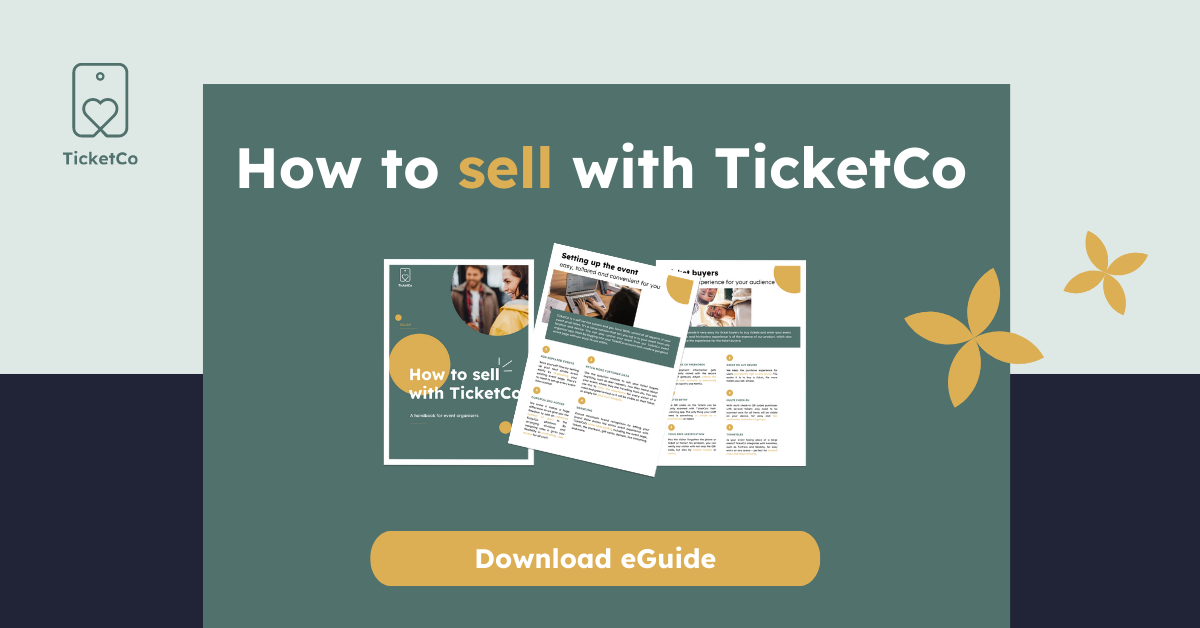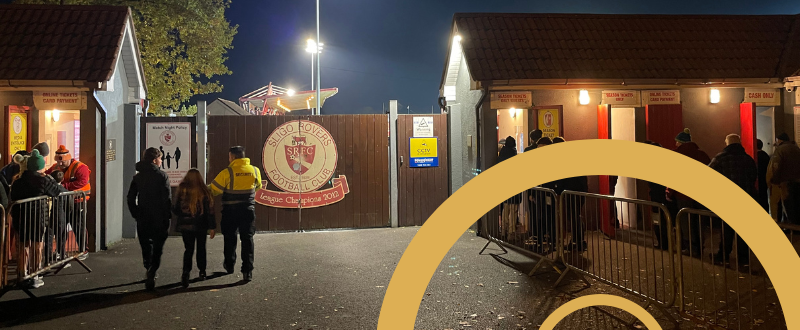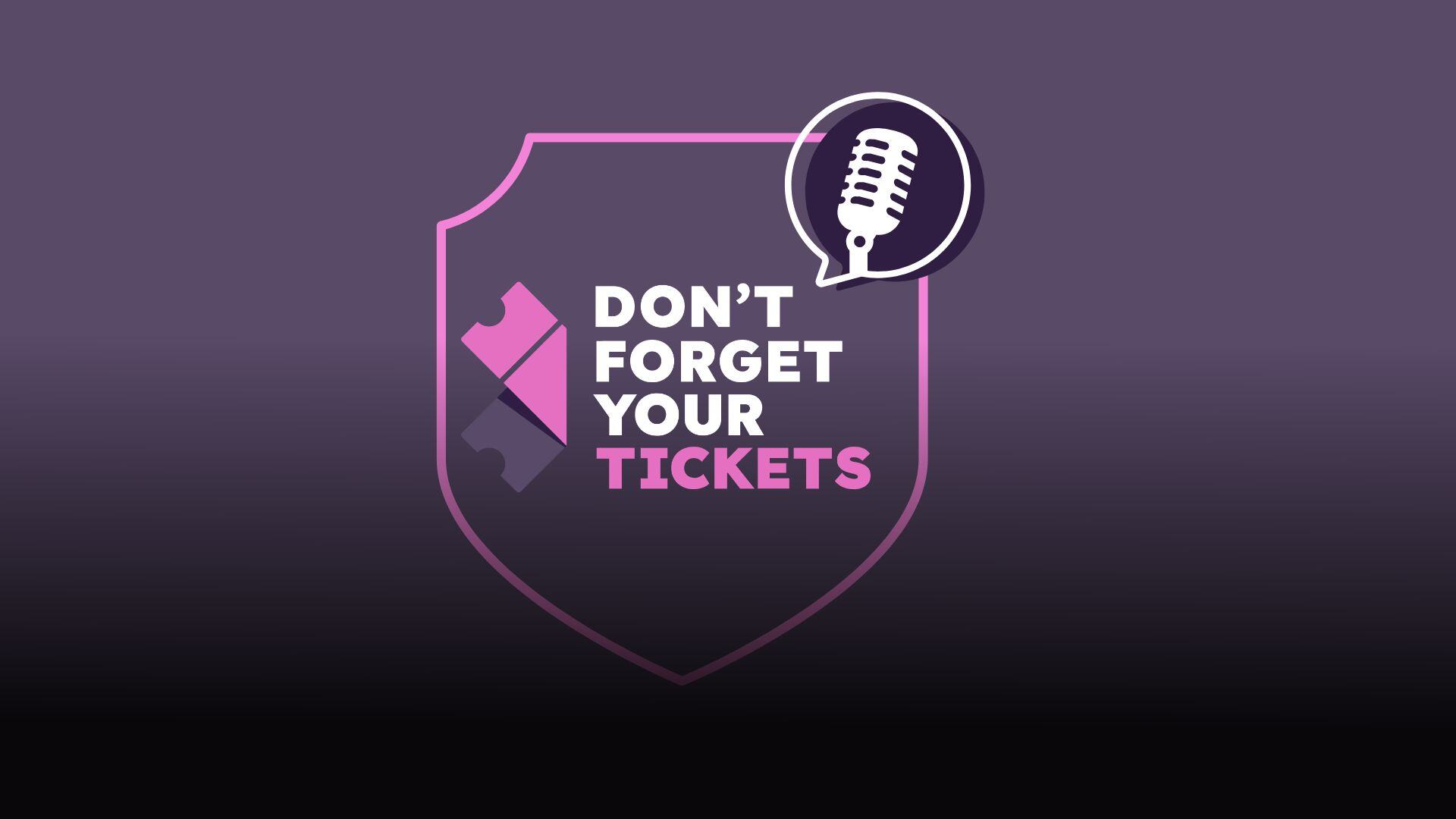Using Tech to Build Fan Rapport & Boost Sales
By Jason Sherman, Sherman communication & marketing, Chicago, Illinois

Any team or club wants seats filled, strong advanced ticket sales and engaged fans.
A packed, excited stadium makes for better performances, financial health and even stronger communities. Well, sometimes incredible performances, interesting personalities and great stadiums aren’t enough to draw the crowds.
In the U.S., nearly every sports league — hockey, baseball, soccer, basketball, you name it — is employing a variety of creative initiatives to attract and engage more fans. An integral component in that effort is digital engagement. Many clubs are using software to connect with and learn more about their fans, facilitate ongoing communications and generate long-term loyalty.
It's not about throwing mud at the wall and seeing what sticks. At a minimum, that indiscriminate, impersonal tact can cause your audience to tune out. Worse yet, they may just drop out entirely by opting out of future communications. Instead, when you identify compelling reasons to reach out to them, you can transform a growing lineup of fans into many successful, one-on-one dialogues.
There are several software platform providers. We spoke with Vancouver, Canada-based Tradable Bits. Founded in 2010, the company works with music and entertainment clients, as well as a long roster of professional sports teams. Some include the Dallas Mavericks, San Antonio Spurs, Portland Trail Blazers and Toronto Raptors in the NBA, and the Toronto Maple Leafs in the NHL.
We asked Lenny Goh, the company’s VP of business development, to peel back the curtain to show us how technology is used to gather “fan intelligence,” and then how connections are made to tailor fan experiences at events.
Curate the Communication
It’s important that the team makes the individual feel as if they are being personally communicated with. The trick is to do so in an era where consumers are opting for heightened privacy.
At any given time, there is a shift in what is trending globally, as well as in any number of social media sub-threads. What’s top-of-mind one part of the day can give way to another breaking development – whether serious or whimsical. So marketers must continually gauge the two fundamental ingredients that constitute “buzz”: whatever is recent and relevant.
Because the news cycle is so fast paced, the most successful social advertising does not try to target everyone. Instead it takes aim at a smaller, more targeted subset that then converts into buyers at a higher rate. That’s where understanding who your prospect is comes into play – so make sure you obtain relevant facts about their preferences. You want to help get their attention by drawing on and matching whatever is trending to their interests.
Own Your Data
In 2021, there was a seismic event that altered the digital landscape and the terms of engagement between marketers and their prospective customers: Apple empowered people to opt out of tracking. When 24 out of 25 people choose to do so, it “turned things upside down,” Goh said.
“This is a global problem and is a huge reason for the gigantic plummet of Facebook (Meta) stock this past quarter,” said Goh.
“It has caused quite a bit of turmoil and has reinforced what is at the heart of our mantra: understand the importance of owning your own data and first-party data,” he added. “People can’t measure the results they were once able to measure.”
That includes measuring how ticket sales came about, among many other metrics.
“The heart of the problem is that digital marketers are finding it harder to report on success. So it’s not necessarily just ticketing – it’s ecommerce and so many other areas,” said Goh.
“It’s the challenge of being able to close the loop on attribution in digital marketing. While the narrative around privacy is strong, the ability to understand what is being effective has become very muddy. It’s like taking away prescription lenses from a marketer that used to have 20/20 vision with the optics, and now his vision is pretty blurry.”
Another aspect that underscores the benefit of ownership: if a sports team or an artist has millions of Instagram followers, “the exposure is great, but they are beholden to that network that owns the data,” Goh noted.
The analogy he uses here is simple: would you rather own or rent your home? The same goes for data.
Ticketing sales data can give you only so much information. For every ticket buyer, there may be multiple guests accompanying that buyer about whom you know nothing.
Offer these unidentified fans an opportunity to win a prize or receive something they like (concessions, merchandise, etc.) in exchange for sharing some of their information.
Goh refers to this as “an exchange of value.”
Focus on Getting ENOUGH Information
The key is to get relevant information – not someone’s life story. When collecting data, do just enough to get your foot in the door. It’s a turn-off if you try to break down the door – nobody high-fives an intruder who barges into their home.
Generally, getting someone’s first (and if possible, last) name and email address is enough to get you started. It’s ideal if you can secure their mobile number, too.
“You don’t have to ask all the questions at once,” explained Goh. “You can get more information as you go.” So, let fans give more of their information as they see value and establish trust by communicating this way with the team or club.
Create a Fun Experience & Inspire Repeat Customers
Focus on selling one ticket, not a bigger package that helps you hit your quota more quickly. But the sale doesn’t end with the ticket purchase: “Think, `How can I give someone a fun experience once they are at the game?’” said Goh.
There are a variety of tools you can draw from, but if you haven’t tried QR codes, it might be time to give them another look.
“It took over 10 years and a pandemic for QR codes to be ushered into the mainstream, but now we’re seeing amazing results from using QR codes live,” said Goh.
“The NBA Trail Blazers had almost 25% of their attendance interact with their memory match game – and it was only advertised on the jumbotron via QR code.”
Tradable Bits, preaching what it practises, employs this “free sample-but-tell-us-who-you-are-for-more-content” approach all over its website. Its webinars section is a good example.
With a positive experience under their belt, a fan is much more likely to come back to another game, then another. Eventually, a 5-game plan, a 10-game plan or even bigger isn’t such a longshot.
A few years ago, the NHL Columbus Blue Jackets enjoyed this kind of success, resulting in $225,000 in single-game ticket sales.
Mine Your Data Smartly
One of the most common banes of data collection is its overwhelming volume, which makes it challenging to sift through it all. Companies like Tradable Bits help refine information in a way that makes it more useful. One way is to have API (application programming interface) access. Or, simply working with a company like TicketCo that gives you the technology from the start.
As a result, you can gain real-time ticketing data as it flows, which allows the creation of business rules to help to automate more personalised marketing messages to relevant audiences for content, fan engagement and sales.


.jpg)

